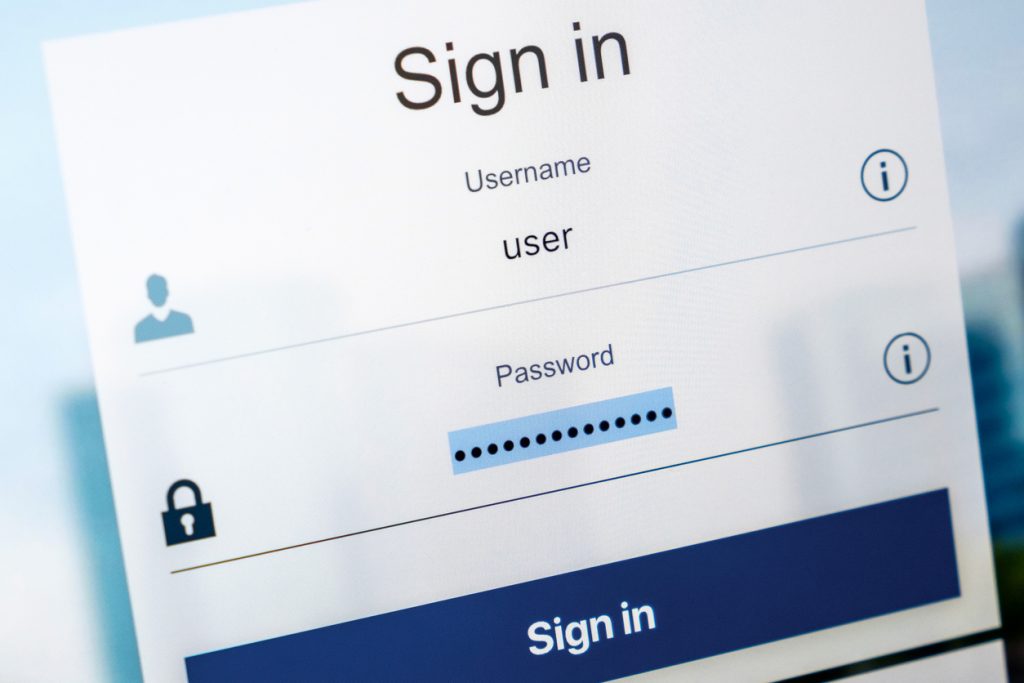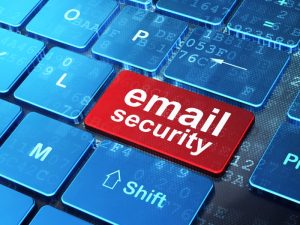Email passwords represent the key to accessing the contents of an email. This means that if an attacker manages to guess or crack them, they can view and steal any of the data contained in the messages present in inboxes, sent message and drafts folders, as well as their attachments. From personally identifiable information (PII) on customers, clients and employees, to confidential enterprise contracts, agreements and invoices, email data is often sensitive. As a result, a weak password has the potential to lead to a costly data breach.
However, an attacker who penetrates password protection of an email account is also rewarded for their efforts with all the abilities gifted to its legitimate owner. This means a hacker can impersonate the user, mailing their contacts or even lock them out of their account by changing passwords and security questions. With these issues in mind, read on for some pertinent password tips to enhance email security.

Never use email passwords for multiple accounts
Each enterprise email account must have its own unique password. This credential should never be employed for all staff member’s accounts and should not be deployed to a single user’s different accounts. As a result, in the event of a threat actor accessing a password, the extent of the damage can be limited.
No personal data included
It is vital that no personal elements are involved in a user’s email password. This means no dates of birth, nicknames, names of loved ones, employee ID numbers, pet’s names, favourite sports teams or characters from TVs and movies. This information can sometimes be easily guessed by malicious operators just by looking through public information or social media, and thus using this personal data makes your accounts much more vulnerable. Cybercriminals often use automated tools that can easily guess passwords based on common words, phrases or personal information.
Using a strong, unique email password that does not contain any personal data is one of the most important steps you can take when creating a password and should always be followed.
Password strength
Length is an important factor in how easy it is for criminals to crack credentials. As a rule, the longer the email password is, the better, providing they are still reasonably easy for staff to remember. Experts recommend using a continuous phrase rather than a complex series of letters, symbols and numbers or several different words strung together that have no close association. These are often easier for people to recall, but difficult for threat actors to break.
It’s important to use passwords that you can remember, otherwise you will be constantly resetting your passwords which ultimately slows down productivity and just causes frustration. One step that can be taken is to use a password manager – these store your passwords and usernames for you, meaning you don’t have to remember each one off by heart. Some password managers even encrypt the passwords while they are stored which is a great step. However, it’s important to do good research to ensure that you use the best product.
Layer up email access security
Adding two or multi-factor authentication is also recommended to keep malicious entities out of email accounts. Along with email password submission, this advanced measure insists upon receiving an additional code or biometric data like a retinal or fingerprint scan to grant access. Codes are sent to personal devices, foiling remote attempts from hackers to enter accounts illegally, with biometric data being even harder for them to replicate.
Total email protection with Galaxkey
While an email password represents the primary defence to an enterprise email account, should a mistake occur like a weak or shared credential, all data within can be exposed. At Galaxkey, we provide cutting-edge email encryption that ensures that even if an attacker accesses your company account, they cannot read your sensitive messages.
Protect your firm today by getting in touch with our expert team.


